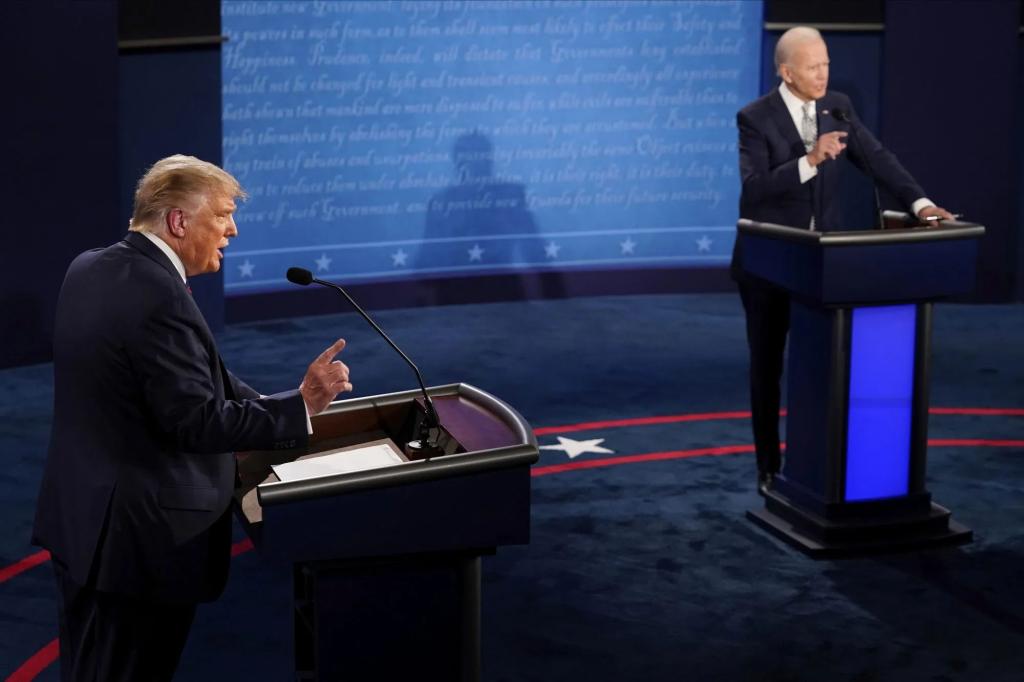You are using an out of date browser. It may not display this or other websites correctly.
You should upgrade or use an alternative browser.
You should upgrade or use an alternative browser.
Krasznahorkai László
- Thread starter Stewart
- Start date
Daniel del Real
Moderator
His new novel (?) Baron Wenckheim's Homecoming to be published in English in May. It's 700+ pages. Good news or bad news, depends on who you ask,
If his normal 300pp books are very demaning and leave me exhausted I think I'd need a scholarship to go through this.
Bartleby
Moderator
Baron got a very glowing review by The Paris Review https://www.theparisreview.org/blog/2019/09/18/the-obsessive-fictions-of-laszlo-krasznahorkai/
"Baron Wenkcheim’s Homecoming is a fitting capstone to Krasznahorkai’s tetralogy, one of the supreme achievements of contemporary literature. Now seems as good a time as any to name him among our greatest living novelists."
The tetralogy in question refers to what Krasznahorkai has said:
"I’ve said it a thousand times that I always wanted to write just one book. I wasn’t satisfied with the first, and that’s why I wrote the second. I wasn’t satisfied with the second, so I wrote the third, and so on. Now, with Baron, I can close this story. With this novel I can prove that I really wrote just one book in my life. This is the book—Satantango, Melancholy, War and War, and Baron. This is my one book."
"Baron Wenkcheim’s Homecoming is a fitting capstone to Krasznahorkai’s tetralogy, one of the supreme achievements of contemporary literature. Now seems as good a time as any to name him among our greatest living novelists."
The tetralogy in question refers to what Krasznahorkai has said:
"I’ve said it a thousand times that I always wanted to write just one book. I wasn’t satisfied with the first, and that’s why I wrote the second. I wasn’t satisfied with the second, so I wrote the third, and so on. Now, with Baron, I can close this story. With this novel I can prove that I really wrote just one book in my life. This is the book—Satantango, Melancholy, War and War, and Baron. This is my one book."
Bartleby
Moderator
Krasznahorkai has written a new book, titled “Herscht 07769” (translation on its way), and a very interesting interview, in two parts, is out. He talks a lot about his writing process (which sounds exactly how Lobo Antunes describes it happening to him), his views towards culture and contemporary society, and much more. Well worth your time 
Last edited:
DouglasM
Reader
What a fascinating character Krasznahorkai is. Although I of course don't agree with many of his statements, others are very thought-provoking, particularly his dislike for the massive intervention of market economics in culture in general (reminded me of Adorno's criticism of mass culture) and his deep respect and awe for nature, especially in placing it not as an object of contemplation but as a powerful and destructive (and therefore beautiful) force. It's intriguing how he sees himself as a wolf (a symbol of freedom) while acknowledging his total belonging to civilization, apart from nature. He also understands freedom not as perceived by Western contemporary conservative standards, but as opposing (the Christian) God's will, yet still clinging to God in times of great need. These contrasts and/or dualities and/or contradictions make for a very interesting interview to read. Thanks for sharing, Bartleby!
Ben Jackson
Well-known member
After reading Seiobo There Below (one of the most difficult texts from this century I have read), can someone recommend other key works?
Papageno
Well-known member
Benny Profane
Well-known member
I'm in shock, because after a lot of losses in Literature due 2023, I've thought he has passed away right now.
Bartleby
Moderator
By Péter Eötvös, no less! I need it!!!Interesting news - LK's dark and delirious novel "Melancholy of Resistence" is set to become an opera, and will premier in Budapest on Dec 2!
See the link here about the production - even though the article itself is poorly written, not even mentioning who it is that wrote the book!
Bartleby
Moderator
I can't find any official news articles yet, but the New Directions Instagram page says László Krasznahorkai is the winner of the 2024 Formentor Prize ?

 www.instagram.com
www.instagram.com

New Directions Publishing on Instagram: "Congratulations to László Krasznahorkai winner of the 2024 Prix Formentor! The judges citation praised the Hungarian master for “sustaining a narrative power that envelops, reveals, conceals and transforms t
627 likes, 6 comments - ndpublishingMarch 16, 2024 on : "Congratulations to László Krasznahorkai winner of the 2024 Prix Formentor! The judges citation praised the Hungarian master for “su...".
 www.instagram.com
www.instagram.com
Leseratte
Well-known member
Found this article:

 westobserver.com
westobserver.com

Joint effort by news organizations calls on Biden and Trump to agree to take part in presidential debates for the 2024 election | West Observer
Twelve news organizations have urged presidential nominees Joe Biden and Donald Trump to agree to debates, citing them as a "rich tradition" that has been
